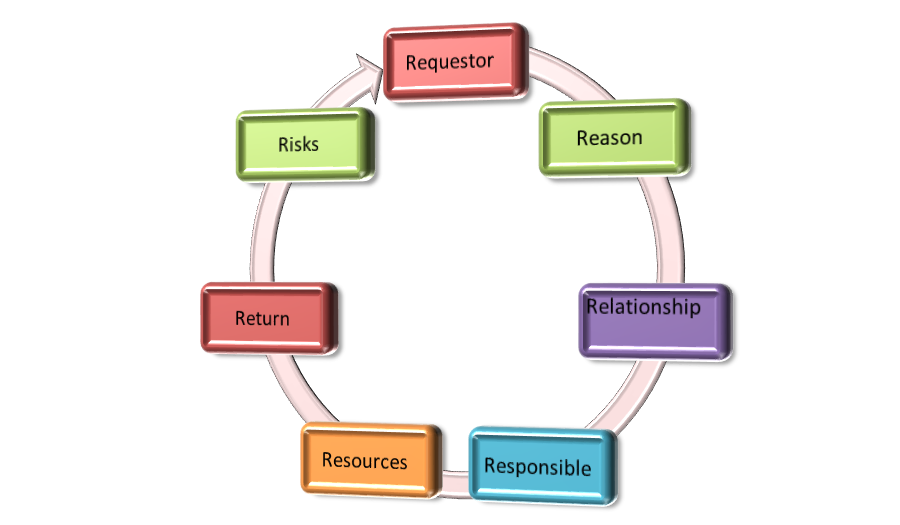Wokingham
Wokingham is an ancient market town located in Berkshire, England that is 39 miles west of London. It is 11 km south-east of Reading, 13 km north of Camberley and 6.4 km west of Bracknell. According to 2011 census, Wokingham had a population of around 30,690.
Wokingham was called Borough before 1974 reorganisation of local government. Later Wokingham was merged with Wokingham rural district to establish a new Wokingham District. Borough granted its status in 2007.
Governance
Nothern part of Wokingham, centred on Ashridge was separated part of Wiltshire. The area was extended well into town centre before being transferred to Berkshire in 1844. In 1894 ancient parish was divided into rural and urban civil parishes. In 1974 Wokingham was merged with Wokingham Rural District under Local Government Act 1972 to create a non-metropolitan district of Wokingham. Since 1998 Wokingham is a unitary authority area. Wokingham consists of 54 elected councillors. Council is headed by one councillor known as the chairman of the council. Council elections are held in three out of every four years with Conservative party having a majority since 2002 election. Offices of Borough Council are based at Shute End. In Wokingham, successor parish continued to exist. Wokingham Town Council administers Wokingham. This council is elected every four years, and consists of 25 councillors that represent Wescott, Norreys, Evendons and Emmbrook and these are four wards of the town. Every year one is elected as Mayor. In 1860 present town hall was erected in Guildhall site. The constituency of Wokingham MP is Conservative John Redwood who has represented Wokingham since 1987.
Education
Wokingham has four secondary schools. Elmbrook School is a co-education school that is a Maths and Computing College. St Crispin's School is also a co-educational school which is a Computing and Maths College. In 1931, The Holl School was founded in the Dower House of Beches’s Manor, and it is a girls' school. The Holl School is also a Science and Language College. Forest School is a boys school and an enterprise as well as a business college. There is Private School also in Wokingham. In 1945 Holme Grange School for Girls was founded and for boys aged 3-`16 years. At Luckley, Luckley House School was founded in 1918 for girls aged 11-18. In 1937 Ludgrove School shifted to Wixenford house. White House Preparatory School was closed. The oldest school in Wokingham Borough, Reading Blue Coal School was founded in 1666. Blue Coat is situated in Sonning village since 1946 and has catchment areas of South Oxfordshire and most of Berkshire.

 ENQUIRE
ENQUIRE
 REQUEST CALLBACK
REQUEST CALLBACK
 GET A FREE QUOTE
GET A FREE QUOTE


 Introduction
Introduction Course Details
Course Details Course Content
Course Content





 London
London